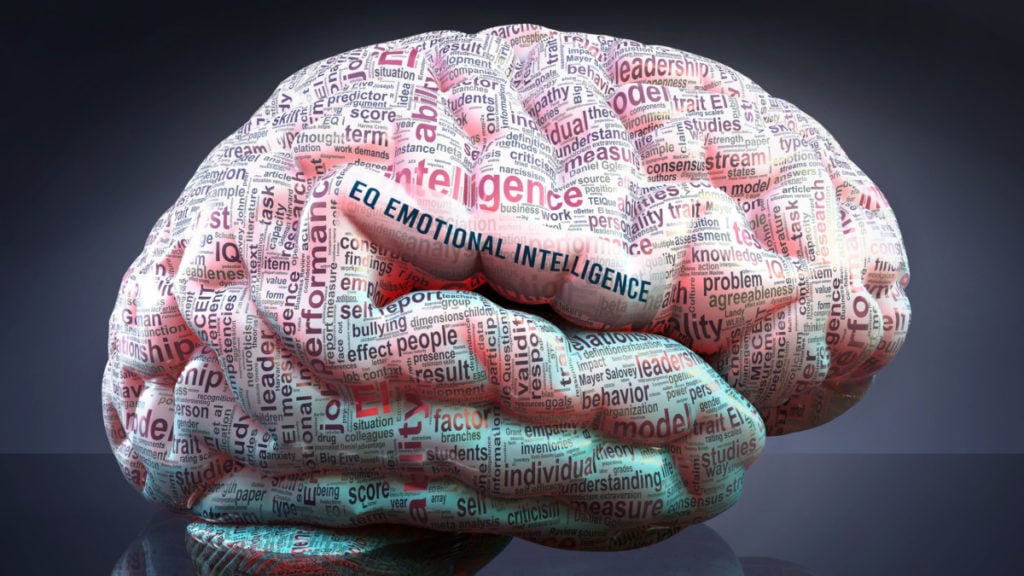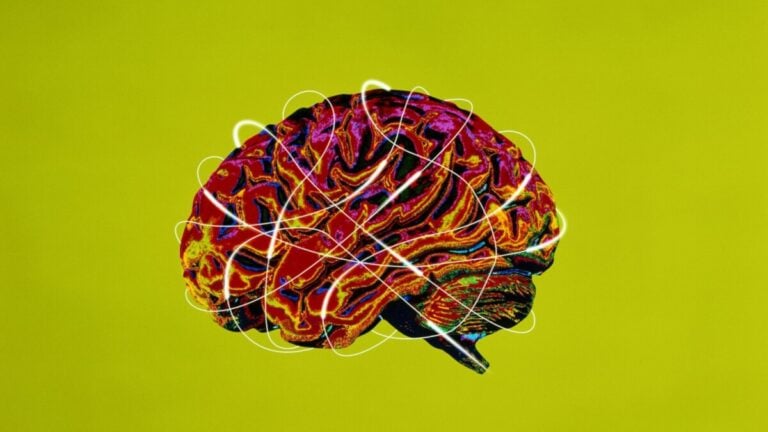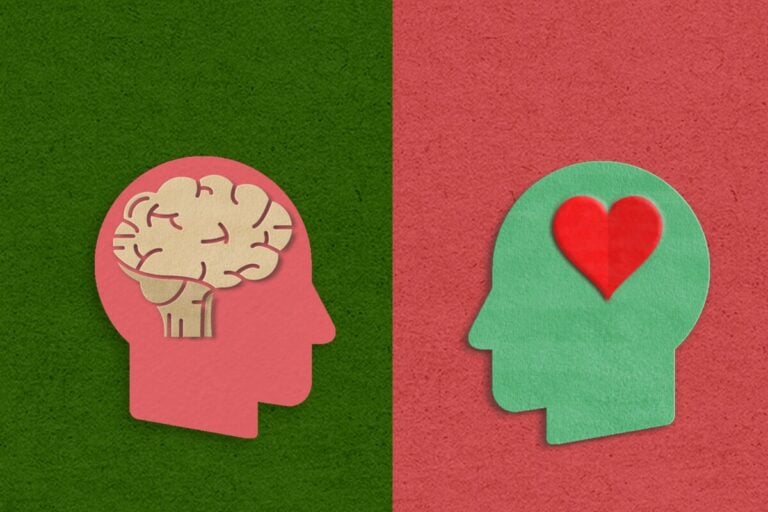Emotions play an important role in decision making.
Therefore, it is necessary to be able to manage both your own and other people’s feelings in order to achieve your goals and plans. For this, the term emotional intelligence is introduced.
What is emotional intelligence?
Such influence is widely used to solve practical problems in business, work, and education.
EQ is a fundamental element in assessing the environment. It helps to determine what people need, to find out strengths and weaknesses.
Emotional Intelligence Models
There are 3 varieties that differ in components.
Meier―Salovey―Caruso Ability Model
It is considered the main one today.
Elements:
- perception of emotions: through gestures, facial expressions, voice, behavior, appearance, gait;
- understanding impressions: determining the reasons for their occurrence, considering the connection between thought and emotions, complex feelings;
- emotionality as a stimulus for thinking: the ability to activate creativity as a motivation factor;
- management of experiences: their awakening, direction, taming, building logical chains.
Mixed Goleman Model
Based on it, three tests were created: ECI, ESCI, ESCI-U.
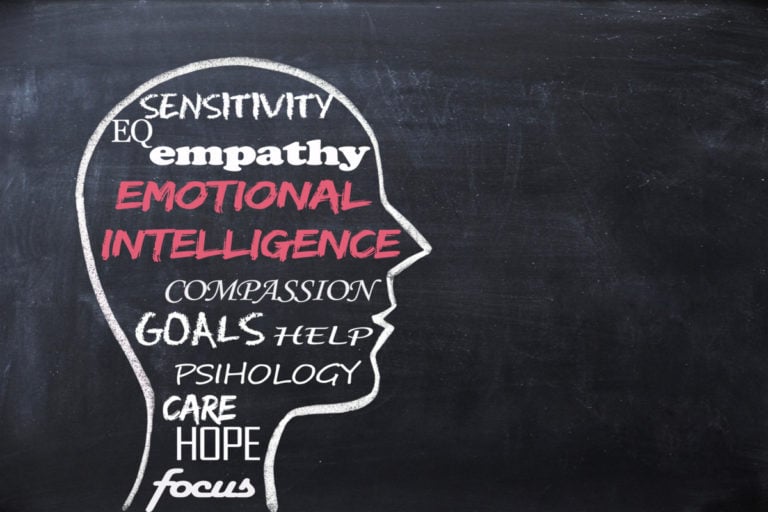
The concept is based on the following elements:
- Self-control – managing your feelings, adapting to changes in circumstances.
- Self-knowledge is the recognition of personal emotionality. Understanding how feelings affect behavior and thoughts.
- Sociality – the concept of sensitivity of other people and comfortable communication.
- Empathy is a pleasurable influence of direction and inspiration, maintaining good relationships.
- Motivation – knowing the goal, the plan, clearly following them at every stage.
Ruven Bar-On Model
This socio-emotional model is distinguished by a large number of indicators.
These include:
- mindfulness: recognizing one’s experiences at a particular moment, distinguishing and understanding them;
- independence: lack of moral dependence on other people;
- stress resistance: taming emotions and seeing a quick way out of difficult situations;
- flexibility: the ability to adjust emotions in changing circumstances;
- optimism: maintaining a positive attitude and hope for a successful resolution of problems;
- happiness: satisfaction with all aspects of life;
- empathy: understanding the feelings of others;
- self-respect: the ability to rationally evaluate opportunities;
- self-expression: clarity in the expression of feelings and thoughts, firmness of convictions;
- social responsibility: the ability to care for and manage others;
- interpersonal relationships: comfortable communication and social contacts;
- controlling impulses: controlling temptations, overcoming them;
- assessment of reality: an objective correlation of thoughts and feelings in the outside world;
- problem solving: the ability to find a potential solution in an efficient way;
- self-actualization: realization of individual potential.
Relationship between EQ and socio-psychological adaptation
A person is able to adapt not only due to the knowledge gained, but also with the help of his own sensitive component.
When analyzing scientific works in the field of EQ, it was concluded that it is defined as a set of emotional and cognitive abilities for the socio-psychological adaptation of a person.
Socio-psychological adaptation is considered from the point of view of internal and external criteria. So people with different levels of EQ differ greatly in the characteristics of socio-psychological adaptation.
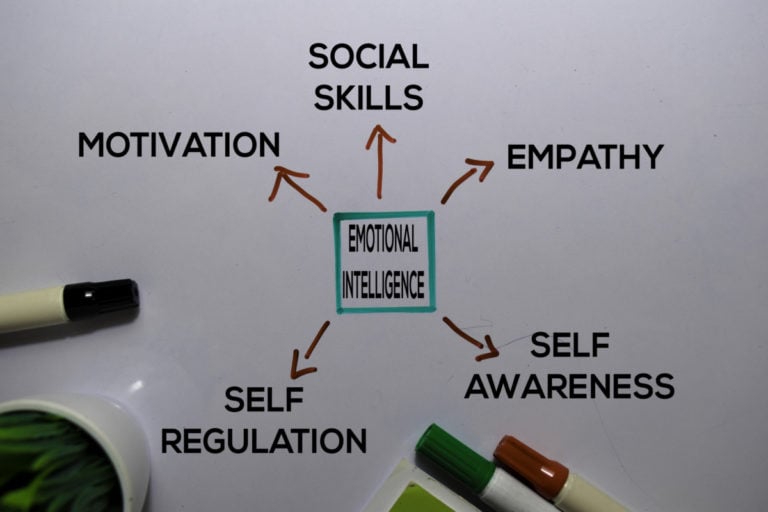
Intrapersonal EQ plays a dominant role in the adaptive capabilities of a person. Interpersonal interaction renders less ability to adapt quickly.
The most adapted are people with a high level of EQ. This is due to greater satisfaction of the individual, which gives confidence and focus in life situations.
How to develop emotional intelligence?
A high level of EQ determines the well-being of a person in life. A clear and well-established connection between emotional and rational activity is the source of EQ. If you do not belong to a group of people with its elevated level, then it is worth starting development.
Improvement should be aimed at increasing the level of its individual elements:
- Self-perception.
- Manage yourself.
- Social receptivity
- Relationship management.
With the harmonious work of each of them, a high level of EQ as a whole will be provided.
Developing the right self-image
A clear understanding of personal emotions is possible only if sufficient time is devoted to this aspect of life. This is done in order to comprehend feelings, to understand the reasons for their occurrence.
High self-perception is achieved by focusing on personal strengths. Try to use them when performing complex tasks. Don’t let your emotions take over and slow you down.
Developing self-management
Taking responsibility for your own emotions gives you control in difficult situations.
Ways to develop a skill:
- Proper breathing: lack or excess of oxygen has a bad effect on brain activity. Try to take regular breaths in and out. Avoid increasing or decreasing the pace even in stressful situations. Harmonious breathing gives confidence and calmness in subsequent actions, allows you to quickly gather your thoughts.
- List of emotions and their explanations: it should consist of two columns – a call to action from each feeling, a rational definition. In a difficult situation, to avoid panic, use this technique to put your thoughts in order. The list allows you to decide which aspect of the personality is worth using at a certain moment.
- Count to ten: In difficult situations, use the exhalation counting technique. This allows me to stop and gather at the right moment.
- Public announcement of goals: is the best motivator for action.
- Delay making decisions: digest the information carefully in your head. The saying is perfect here: the morning is wiser than the evening.
- A clear daily routine with room for problem solving.
- Attend emotion management workshops and coaches.
- Stay positive.
- Improve the quality of sleep.
- Know the value of communicating with anyone.
- Use a psychological reset during the day: yoga, meditation, outdoor walks are suitable for this.
- Be aware of the possibility and proximity of change.
Developing social sensitivity
Focusing on identifying and understanding other people’s emotions has a big impact on all areas of life.
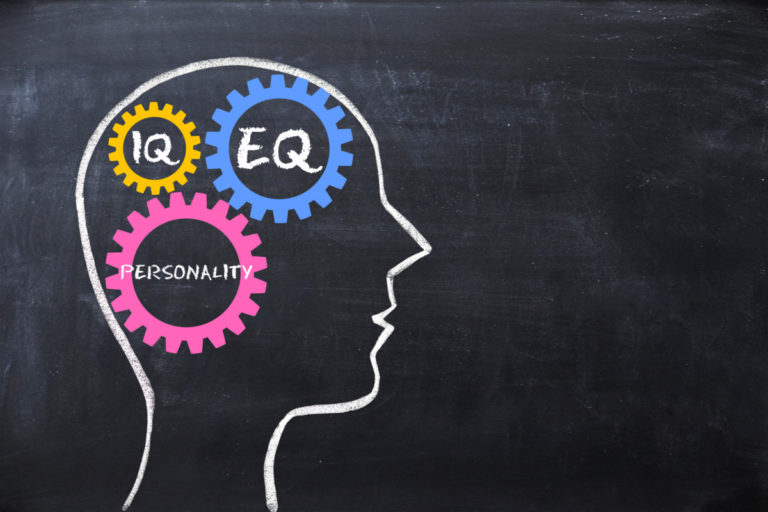
Tips for increased social interaction:
- Greeting people by their first name: this allows you to remove barriers in communication.
- Timeliness: Keep in mind that the path to social receptivity through timeliness is through focusing on others, not on oneself.
- Keep your body language: develop it with the help of appropriate books.
- Using prepared questions: allows you to quickly get out of the situation of awkward silence. Use an abrupt theme change.
- Push back the internal dialogue: it is difficult to perceive your own thoughts at the same time as someone else’s. Separate these concepts.
- Live in the present: be present in the present moment.
- Learn EQ from films: Treat any film as a tool for emotional communication.
- Watch people: look at their habits, signals, mood.
- Put yourself in the place of the other: this allows you to look at communication from a different point of view.
Developing Relationship Management
Any relationship needs constant effort to maintain.
Tips for proper understanding of relationships and their management:
- Open up to people and new things: in addition to the main job, be sure to focus on maintaining connections with other people.
- Use the words “thank you”, “sorry”, “please” more often.
- Only use the feeling of anger in appropriate situations.
- Improve the quality of your individual communication style: evaluate your style with the help of acquaintances’ ratings. Determine your strengths and weaknesses. Use the former more often and develop the latter.
- Build trust.
- Show you care.
- Avoid ambiguous signals: keep words in harmony with body language.
- Learn how to properly perceive other people’s non-verbal cues.
- Recognize and capture the emotions of others.
- Explain your decisions when making decisions.
Emotional Intelligence in Business
Leadership qualities of a person directly depend on his emotional intelligence.
The manager must have:
- accurate perception and control of one’s own and others’ emotions;
- knowledge and understanding of the causes of experiences and impressions;
- using the emotional component to solve problems.
The emotional intelligence of a leader allows building long-term relationships, recruiting and maintaining a strong team, creating a positive atmosphere in the team, making clear decisions, and managing stressful situations.

The best and most successful leaders are those who fully possess the characteristics of high EQ. This person knows exactly emotions, knows how to handle them and build a relationship with the thinking center.
The development of the EQ of the leader is carried out both in general terms and in the leadership direction. Previously, the increase in the EQ level for each person was considered. In addition to these tips, the leader must also adhere to the following rules:
- Look at success in the long term.
- Inspire people.
- Strongly pass all the tests.
- Build only a strong team around yourself.
The use of these skills allows you to improve the quality of interaction both within yourself and among other people.
You can read more about the EQ of the leader in the book of the same name by David Caruso and Peter Salovey.
Books and movies about EQ
To develop personal EQ, you should turn to the most effective books.
These include:
- “Emotional Intelligence” by D. Goleman;
- The Taming of the Amygdala by D. Arden;
- The Power of Empathy by D. Ebenstein;
- “The Emotional Intelligence of a Leader” by D. Caruso, P. Salovey;
- “Emotional Intelligence in Negotiations” R.Fischer;
- Emotional Leadership by D. Goleman, R. Boyatzis, E. McKee.
To increase the level of EQ, you can use not only literature, but also cinematography. Actionable and useful films include:
- The Truman Show 1998;
- The Shawshank Redemption 1994;
- Life is Beautiful 1997;
- The Pursuit of Happyness 2006;
- Planet Ka-Pax 2001;
- Bicentennial Man 1999.
Interesting facts
- In the absence of proper control over what is happening, the human brain is able to find non-existent patterns, look for connections between images that do not correspond to each other, and even believe in conspiracy theories.
- There is a certain connection between the emotional state of a person and clothing. So women who are in a depressed mood prefer baggy clothes, jeans. With a positive attitude, they choose beautiful dresses, jewelry and look more elegant.
- Emotions are contagious. So negative emotions have a greater impact on others and are able to be adopted by them. Neutral and positive in this sense are significantly inferior to them.
Emotional intelligence plays a significant role in all spheres of a person. Increasing its level contributes to personal well-being and satisfaction. To improve your EQ skills, you need to constantly improve yourself through books, films, live communication and observation of others.
